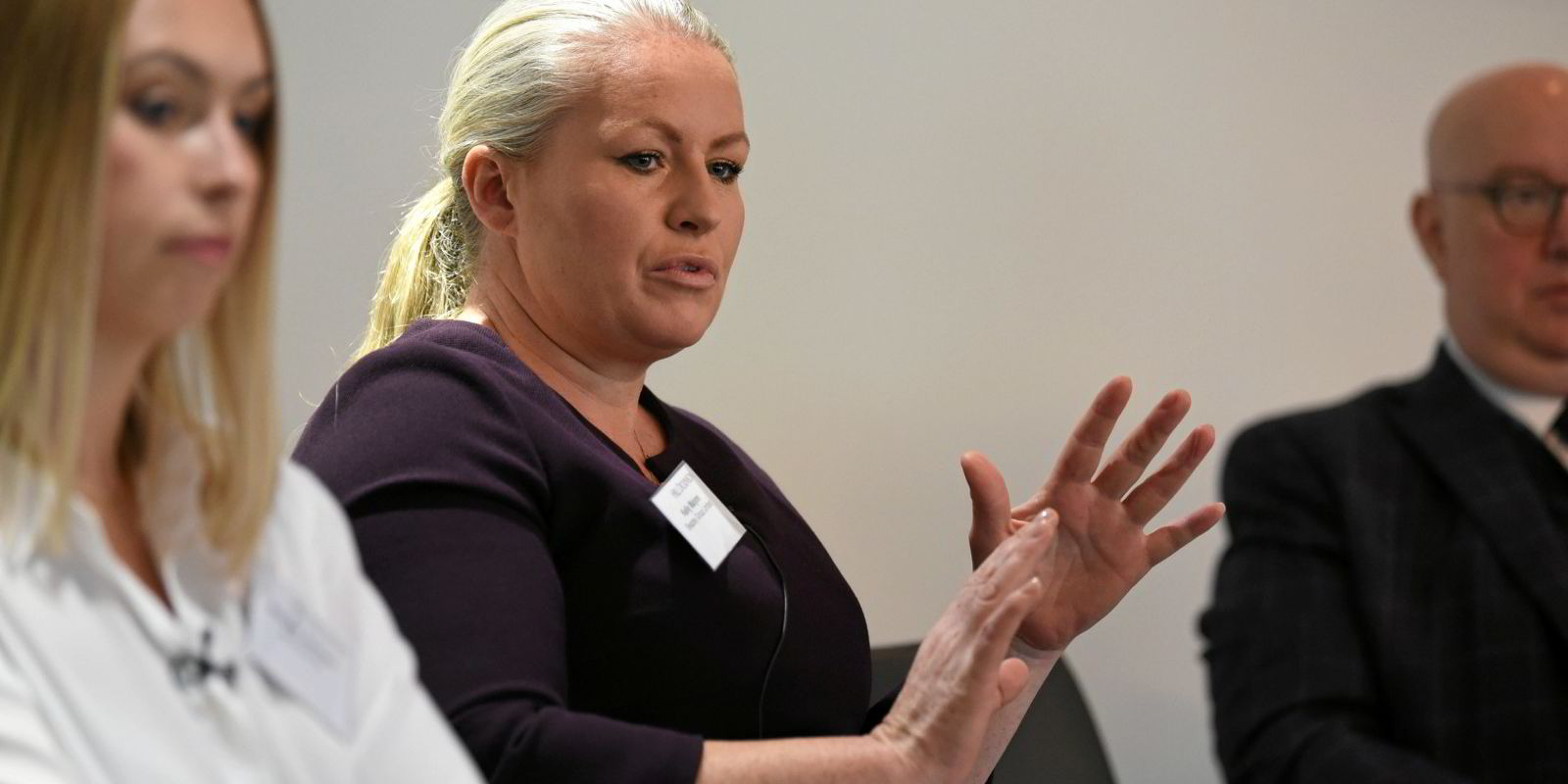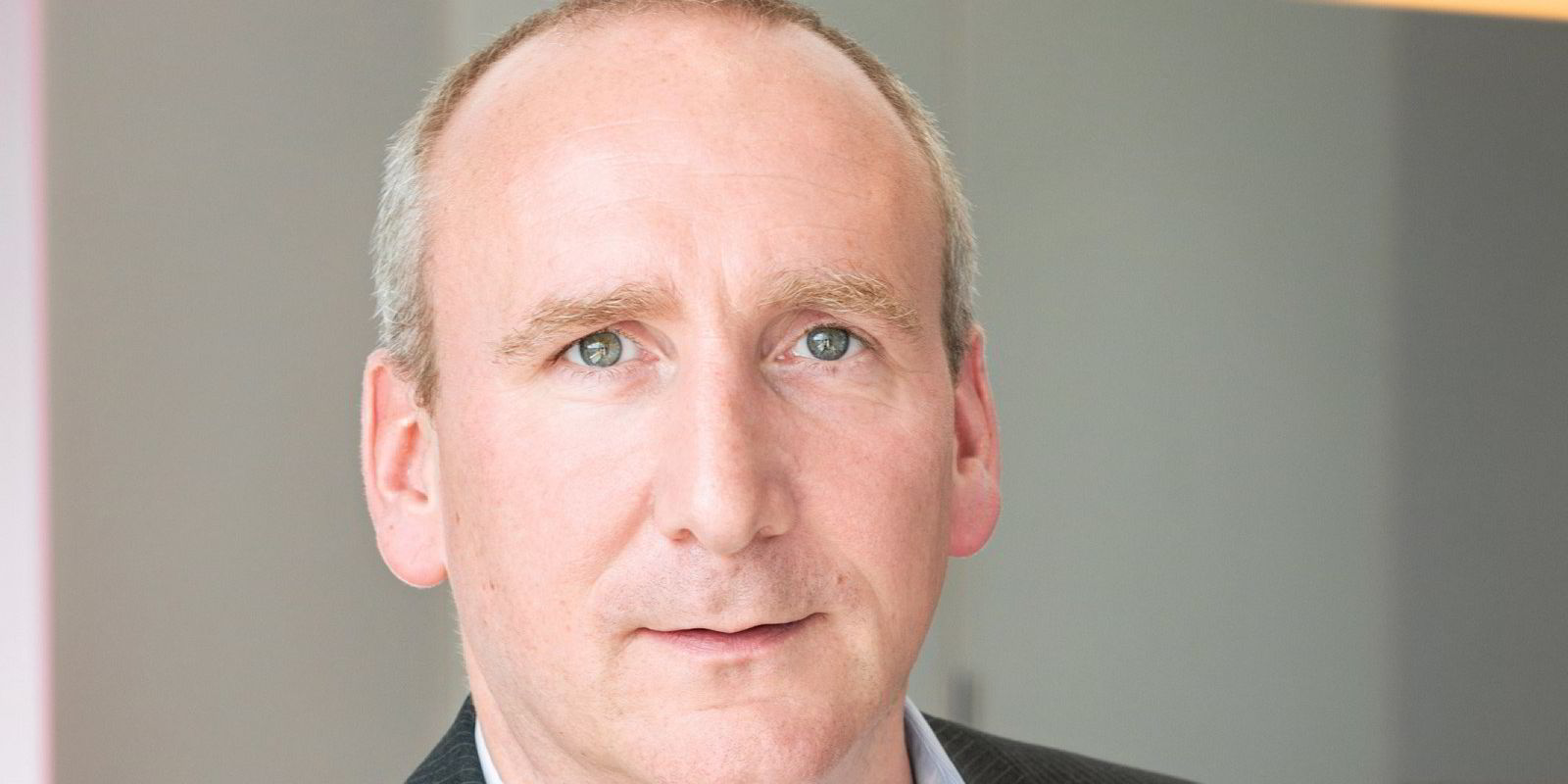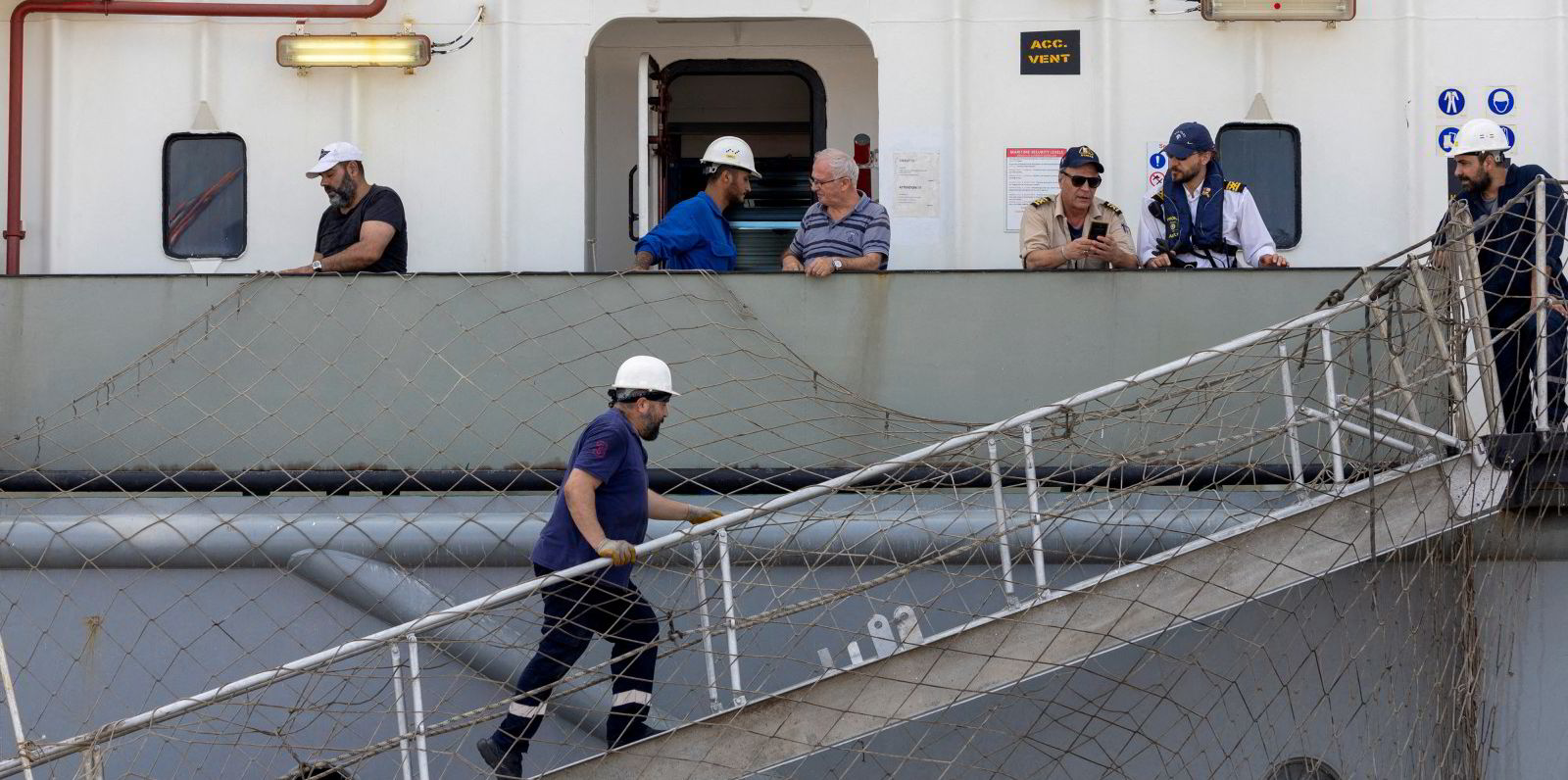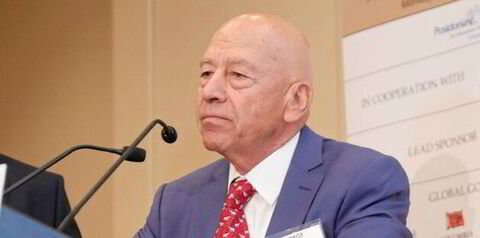Kelly Malynn, product leader for cyber at insurer Beazley Group, is a specialist in complex and emerging risks, and she is now applying that know-how to insuring shipping’s efforts to decarbonise.
As an environmental, social and corporate governance leader in marine, she is now assessing the issues around the energy transition across all of the products in the division.
As part of its strategy, the insurer is keen for all of its underwriters to be aware of the risks around new fuels and decarbonisation technology right from the start of the process.
“It is still very early in terms of the volume of vessels that are dual fuel or operating with alternative fuels,” Malynn said. “What we have been doing internally is trying to understand how ammonia, methanol and hydrogen behave differently from traditional fuel oil to see what impact that has on the underwriting approach we take.”
The idea is to try to assess the risk as accurately as possible and take any risk mitigation measures in advance.
By assessing risk correctly, there is less likely to be a major loss, which means the capital will continue to be there to insure and support shipping’s energy transition.
“What we don’t want to do is blindly go into insuring the risk and then respond once there has been an incident, that does not help anybody because it reduces the capacity available and it slows the transition,” she said. “We are trying to move and support clients on their journey and understand the risks they are facing.”
Although Beazley has a forward-thinking policy on decarbonisation, it has not yet signed up to the Poseidon Principles for Marine Insurance, which were established under the Global Maritime Forum to monitor shipowners’ progress on achieving the industry’s decarbonisation goals.
Malynn said she supports the initiative and its goals but, at the moment, it simply duplicates emission reporting requirements that shipowners are already obliged to provide to their flag states.
She said Beazley would be willing to share its claims experience on decarbonisation to help the industry better understand the risks involved.
However, the firm does not want to discriminate in its underwriting policy. She said it is just as important to treat those working slowly towards decarbonisation by adopting fuel-efficiency measures and those taking a step further by committing to new ships powered by zero-emission fuels equally.
Malynn has been closely involved with Beazley’s cyber marine products. It is another area where building up knowledge and experience first has helped the insurer handle growing demand.
“A lot of organisations are getting to understand their enterprise or business cyber risks, and coming to Beazley where we have both the marine expertise and the cyber expertise,” she said. “I can have a conversation about both risks. We are used to managing cyber incidents and have vast experience around that, which we can apply to vessels and vessel operations.”





